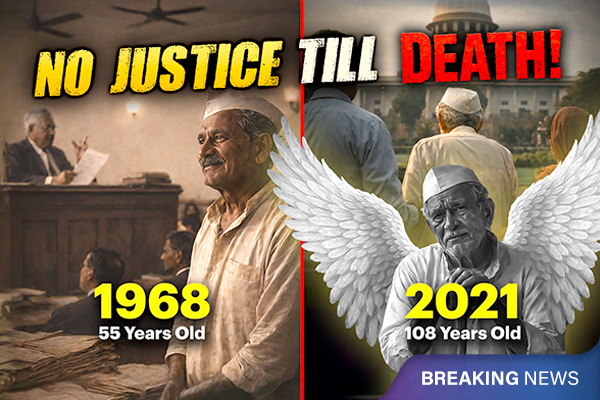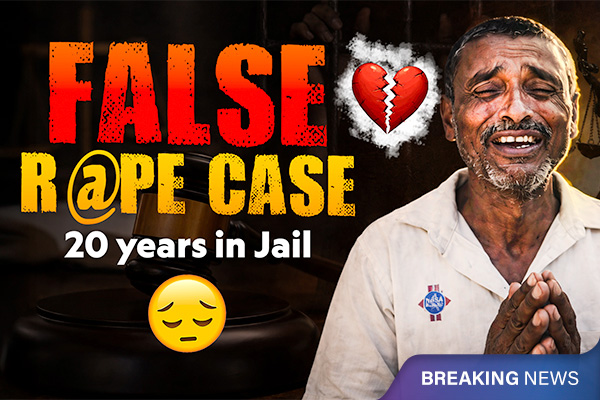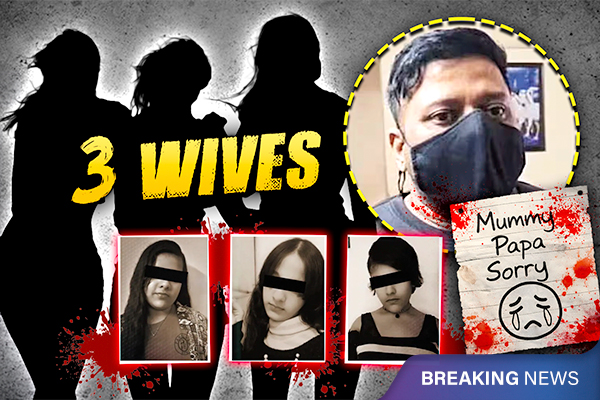Viyana Jain, a 3-year-old who died after taking Santhara
The death of 3-year-old Viyana Jain after taking the Santhara vow has sparked national debate.
A heartbreaking incident from Indore, Madhya Pradesh, has shocked the entire country. A 3-year-old girl named Viyana Jain passed away after her parents said she followed the Jain religious practice of Santhara—a vow where a person gives up food and water to accept death peacefully.
What Happened?
Viyana was just 3 years, 4 months, and 1 day old. Her parents, Piyush Jain (35) and Varsha Jain (32), are IT professionals. She was their only child.
In December 2024, Viyana was diagnosed with a brain tumour. After a surgery in Mumbai in January, her condition improved for some time but became worse again by March. When treatment did not help, the family turned to spirituality.
On 21st March 2025, the family visited a Jain monk named Rajesh Muni Maharaj in Indore. The monk told the family that Viyana’s end was near and suggested that she should take the Santhara vow. Her parents agreed, saying she was already unable to eat or drink for many days.
That same night at 9:25 p.m., the ceremony started at the monk’s ashram. Just 40 minutes later, at 10:05 p.m., Viyana passed away.
Her mother, in tears, said, “We saw her suffering. It was a painful decision. I just want her to be happy in her next birth.”
What is Santhara?
Santhara—also called Sallekhana or Samadhi Maran—is a Jain religious practice. A person slowly gives up food and water to leave the world in peace and clean their soul from karma.
In 2015, the Rajasthan High Court had called Santhara illegal, calling it a type of suicide. But after protests from the Jain community, the Supreme Court stopped the order.
Viyana's mother said that the monk has a PhD in Santhara and has guided 107 people through the vow. The incident became viral after the Golden Book of World Records issued a certificate calling Viyana the youngest person ever to take Santhara.
Big Debate Begins
While the parents say it was a spiritual goodbye, many people—including doctors and child rights groups—are raising serious questions.
“Santhara is for fully grown adults who can decide for themselves,” said Omkar Singh, from the Madhya Pradesh Child Rights Commission.
“She should have been in a hospital and given palliative care to ease her pain,” said a senior doctor.
Now, the Child Rights Commission is reviewing the case and may take legal action against the parents or the monk.
This sad case has started a big conversation in India about religious freedom, law, and child rights. It reminds us how important it is to think carefully when faith and a child’s life are both involved.







